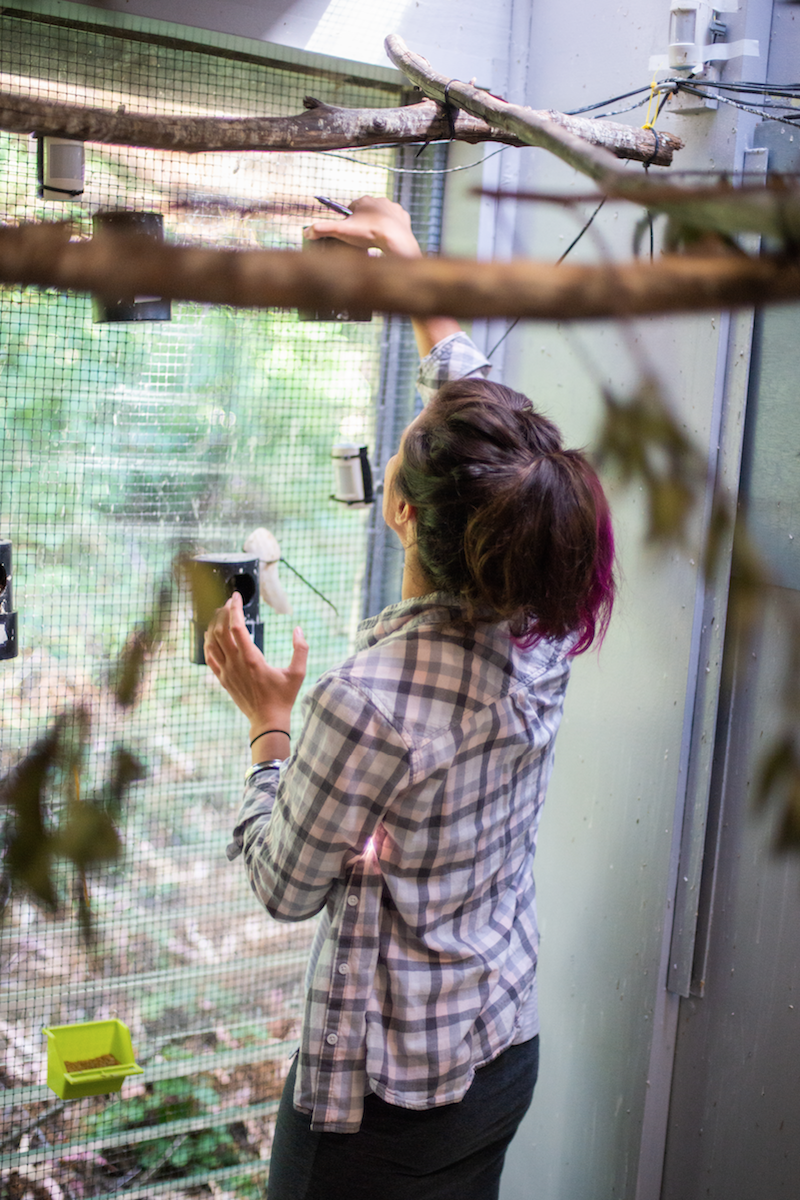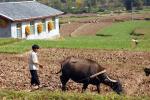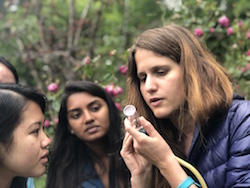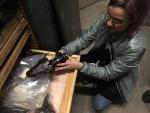IB graduate students traverse the globe for summer research projects
Submitted by Krystin Ventura on Mon, 08/26/2019 - 16:29 For the graduate students of Integrative Biology, the summer months bring a wealth of opportunities to embark on critical research projects and present their findings all over the world. Forty-four graduate students were able to carry out their field and laboratory research, thanks in part to three competitive awards sponsored by the Integrative Biology department: Dissertation Completion Award, Summer Grant, and Research Award. A broad range of projects are funded by these awards, from understanding UV radiation tolerance in desert mosses to studying how the shapes of turtle beaks relate to their diet and habitat over evolutionary time.
For the graduate students of Integrative Biology, the summer months bring a wealth of opportunities to embark on critical research projects and present their findings all over the world. Forty-four graduate students were able to carry out their field and laboratory research, thanks in part to three competitive awards sponsored by the Integrative Biology department: Dissertation Completion Award, Summer Grant, and Research Award. A broad range of projects are funded by these awards, from understanding UV radiation tolerance in desert mosses to studying how the shapes of turtle beaks relate to their diet and habitat over evolutionary time.


 With recent advancements in portable, reliable, and low-cost scientific instruments, biological field research is flourishing. Now, a group of UC Berkeley undergraduates is newly equipped to investigate the natural world in real time with these new tools at their disposal.
With recent advancements in portable, reliable, and low-cost scientific instruments, biological field research is flourishing. Now, a group of UC Berkeley undergraduates is newly equipped to investigate the natural world in real time with these new tools at their disposal.


